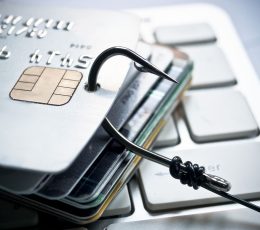Elder Fraud
Elder fraud is a crime that targets older adults, often by exploiting trust, confusion, isolation, or unfamiliarity with technology. Scammers may pose as family members, government officials, tech support, or even bank representatives, all to steal money or personal information.
Look for these red flags:
| Grandparent Scam | Caller pretends to be a grandchild in trouble needing urgent money. |
| Tech Support Scam | Pop-ups or callers claim your computer is infected and request remote access or payment. |
| Romance Scam | Scammer builds a fake online relationship, then asks for money for “emergencies.” |
| Government Impersonation | Calls pretending to be from Social Security, IRS, or Medicare threatening legal action or benefits loss. |
| Lottery/Prize Scam | “You’ve won!”, but need to pay a fee or taxes first. |
| Caretaker Exploitation | A trusted friend, aide, or family member misuses the elder’s funds or access. |
Protect Yourself from Elder Fraud– Pause before sending money; call a trusted family member or your bank
– Hang up on suspicious calls, especially those asking for urgent payments
– Use strong passwords and don’t share login info
– Verify before trusting; call organizations directly using numbers you trust
– Enroll in account alerts to track unusual activity
– Don’t send money or gift cards to someone you haven’t met in person
– Don’t allow remote access to your computer unless you initiated contact with verified support
– Don’t give personal info to unsolicited callers, emails, or messages



